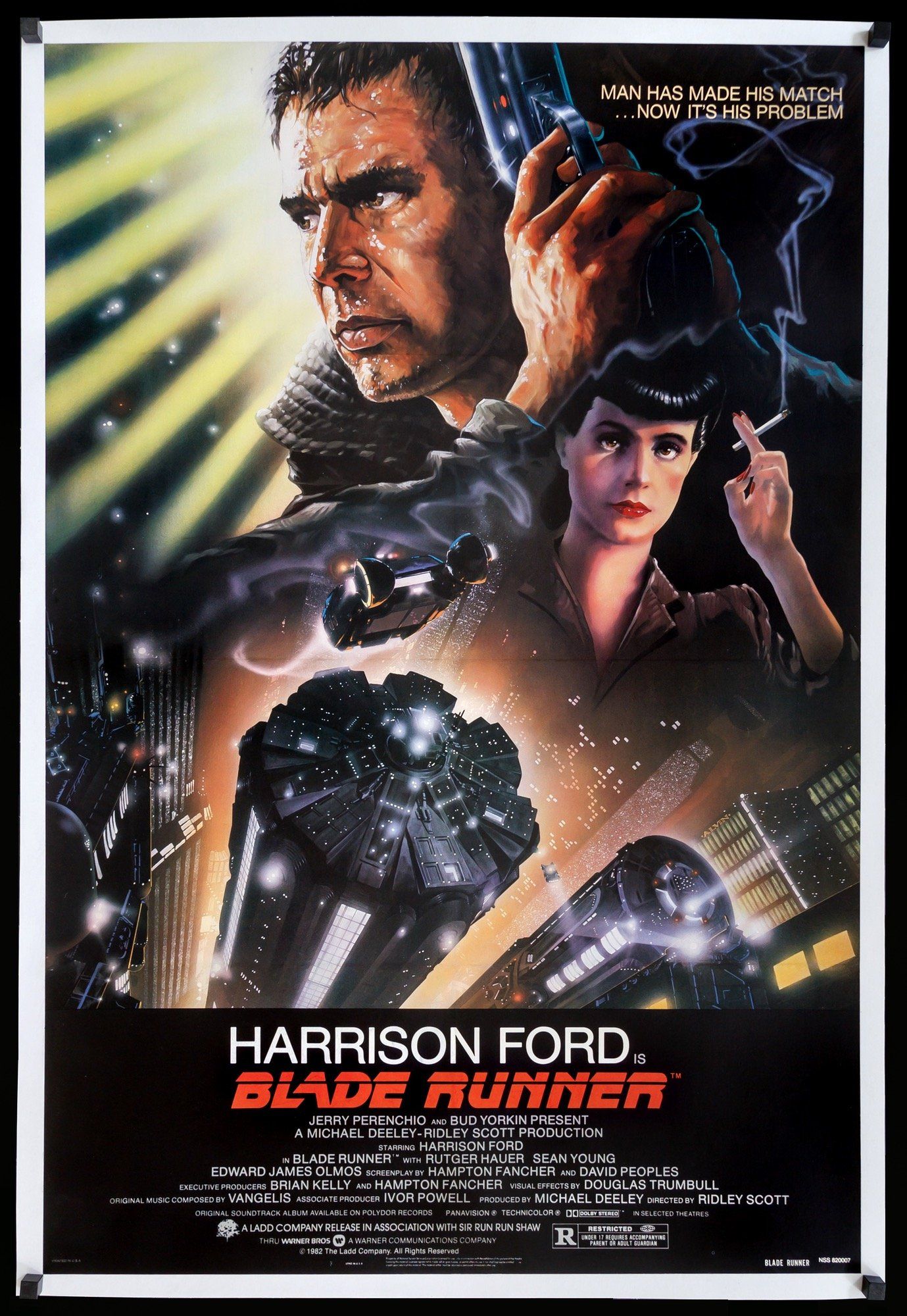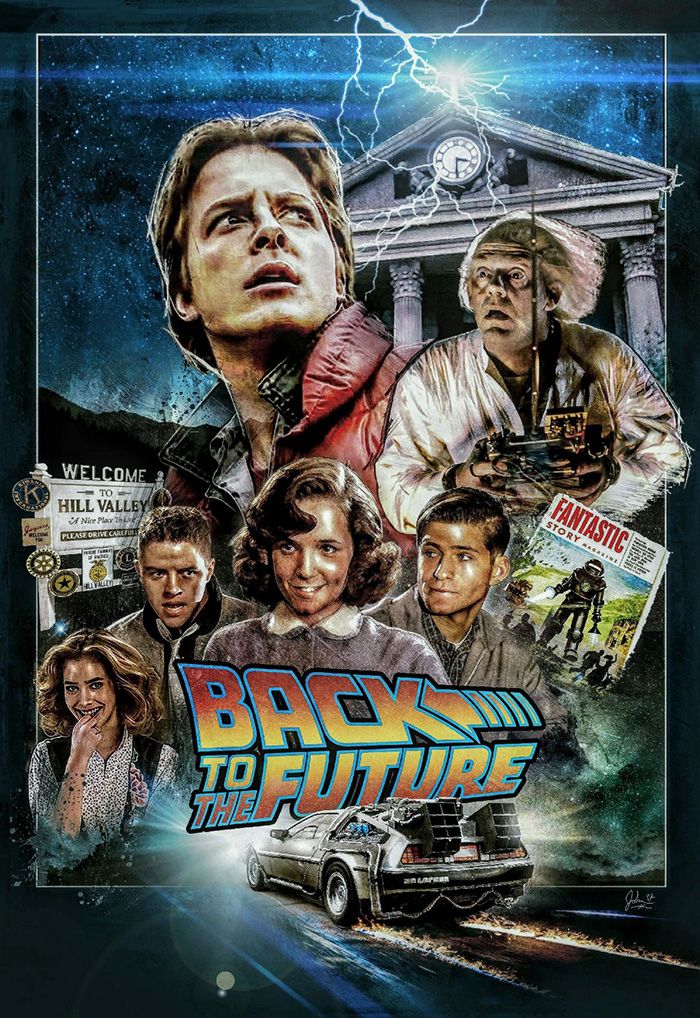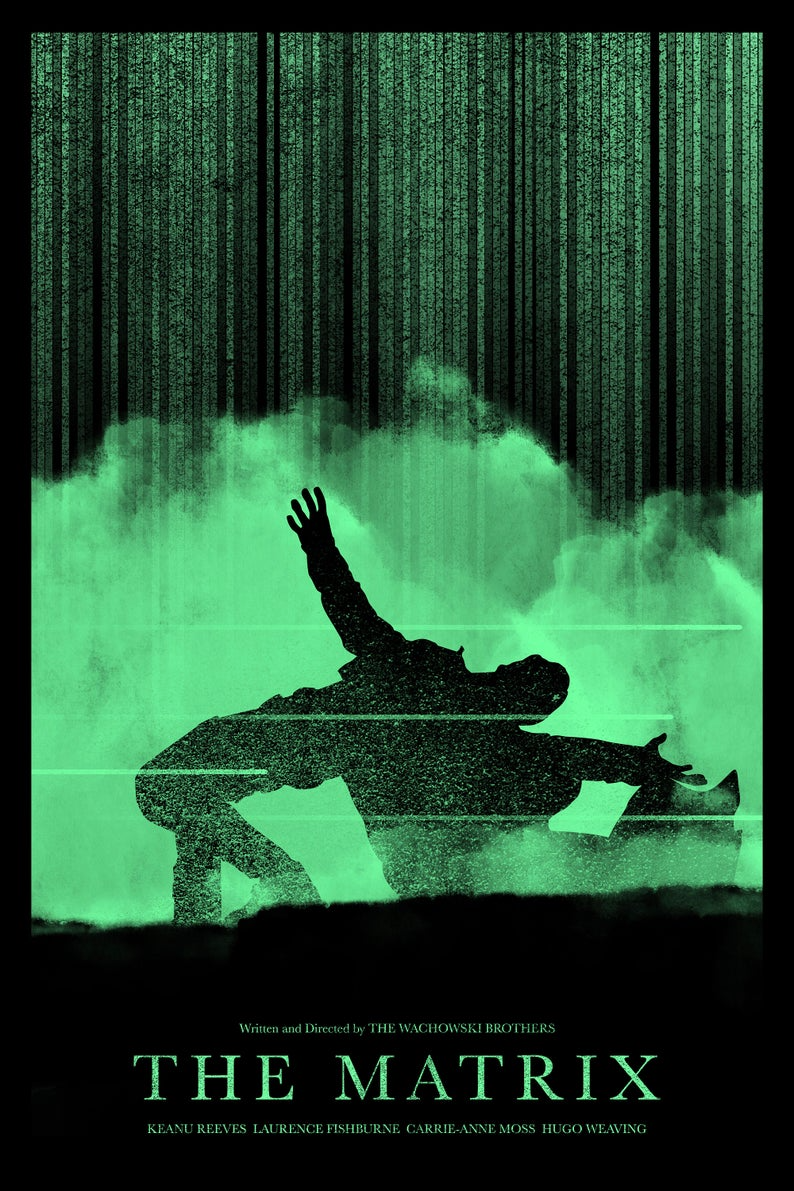1.BLADE RUNNER
Blade Runner conjures a bleak vision of a then-future 2019 Los Angeles – an imperious flame-belching hellscape in which Harrison Ford's 'blade runner' cop Rick Deckard is tasked with tracking down a group of human-engineered Replicants who have escaped back to Earth from a working colony. As he 'retires' them one by one, he comes to question his own humanity, both literal and metaphorical. With its ruminations on what it means to be human, Blade Runner is ideas-driven sci-fi all the way. But it's a visual feast too, its interpretation of a futuristic urban landscape – with giant video screens, glowing neon lights and bustling city streets – still jaw-dropping to behold. Coupled with a haunting Vangelis synth score, and Rutger Hauer's arresting turn as Replicant leader Roy Batty , it's nigh-on untouchable.







